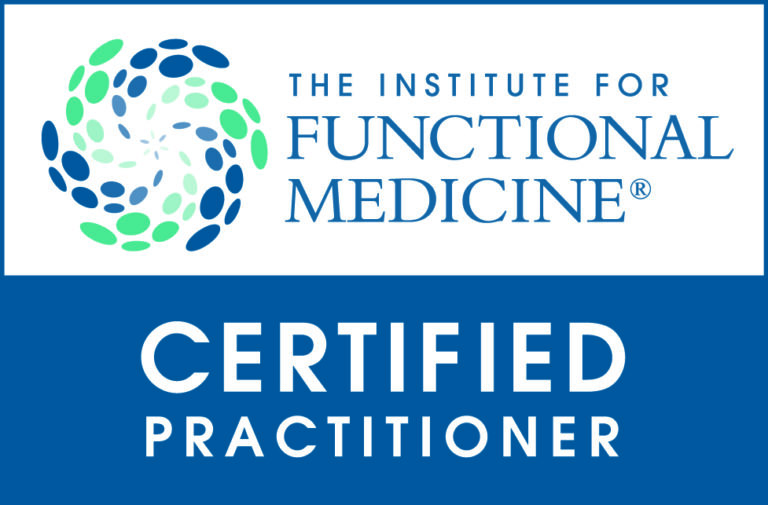Recurrent Pregnancy Loss
Recurrent pregnancy loss is defined as having three or more miscarriages. The cause of recurrent miscarriage is often unknown, but may be related to the following issues:
- Poor egg quality
- Poor sperm quality
- Luteal phase defect
- Thyroid disorder
- Diabetes
- Uterine abnormalities
- Clotting factors
- Elevated natural killer cells
- Elevated cytokines
- Infectious cause
- Chemical exposure
It is important to differentiate recurrent pregnancy loss due to chromosomally abnormal embryos, versus chromosomally normal embryos. This can be determined through testing the fetal tissue. If it is determined that the fetal tissue has abnormal chromosomes, this indicates the egg and/or sperm that created the embryo was of poor quality with abnormal DNA.
For couples that have experienced recurrent miscarriage due to chromosomally abnormal embryos, it is important to test ovarian reserve markers as well as sperm quality. At Revive Acupuncture, we can order these tests for you. When ovarian reserve markers are in the normal range, in-vitro fertilization (IVF) and pre-genetic screening (PGS), are helpful for identifying the chromosomally normal embryos, and only transferring these embryos to the uterus. If you or your husband have confirmed you have diminished ovarian reserve and/or poor sperm quality, please see Diminished Ovarian Reserve and/or Male Factor Infertility to learn more about the Western and holistic recommendations for improving egg and sperm quality.
If a fetal pathology report was not completed, was inconclusive, or demonstrated normal chromosomes in the fetus, further testing is recommended. These tests most commonly include the following:
- Progesterone test at one week post ovulation
- Cardiolipin antibodies
- Homocysteine
- MTHFR mutation
- Factor V Leiden
- Phosphatidylserine antibodies
- Protein C
- Protein S
- Beta2 Glycoprotein antibodies
- Lupus anticoagulated
- Prothrombin gene analysis
- Antithrombin lll activity
- Fasting glucose
- Hemoglobin A1C
- Natural killer cell assay
- Hysterosalpingogram (HSG) to assess the uterine cavity
These lab tests will help diagnose clotting factors, luteal phase defect, elevated natural killer cells, elevated cytokines, type 2 diabetes, and uterine abnormalities. Western treatment may include the use of blood thinning medications, IVIg, intralipid infusions, steroids, progesterone, blood sugar lowering medication, and possibly surgical intervention for some cases of uterine abnormalities.
Chinese medicine views clotting factors as blood stagnation. Acupuncture is used to break up blood stagnation and increase circulation to the uterus and growing embryo. Chinese herbs for moving stagnant blood are proven through Western research to have a blood thinning effect. This blood thinning effect of the herbs helps ensure clots are not formed in the blood vessels connecting fetus to the uterus.
Increased inflammation in the body can increase the presence and severity of clotting factors. At Revive Acupuncture, we provide dietary and supplement recommendations to help keep inflammation at a low level in the body. Additionally, specific vitamin deficiencies are associated with a worsening of clotting factors. These deficiencies are confirmed through a homocysteine blood test, and if homocysteine is elevated, we will recommend specific supplements to correct the issue.
Chinese medicine views elevated natural killer cells and elevated cytokines, as deficient moisture in the body with increased heat. Acupuncture and Chinese herbs focus on increasing fluids and clearing heat to help correct these issues. Inflammation will worsen the severity of elevated natural killer cells and cytokines. To improve these elevated lab values, we recommend following an anti-inflammatory diet, along with supplements that combat inflammation.
The holistic treatment of diabetes is specific for type 2 diabetes rather than type 1. At Revive Acupuncture, we offer extensive dietary recommendations for keeping blood glucose at an optimal level. Exercise is highly encouraged for improving type 2 diabetes, although for recurrent pregnancy loss, often our exercise recommendations are limited to low impact. In addition to diet and exercise, we recommend antioxidant supplements that are shown through research to improve blood glucose levels and also to prevent recurrent miscarriage.
We can order a miscarriage panel to rule out possible causes of recurrent pregnancy loss. Each recurrent miscarriage case we treat is addressed individually based on the specific lab abnormalities present.






